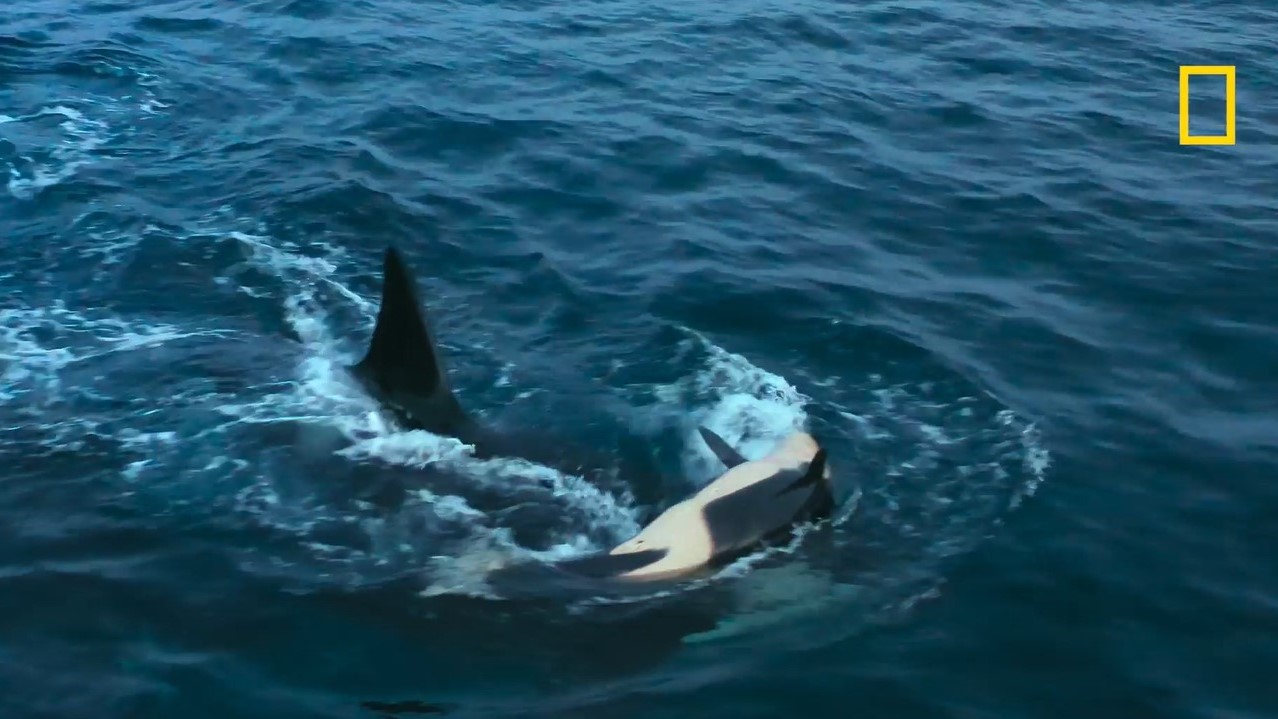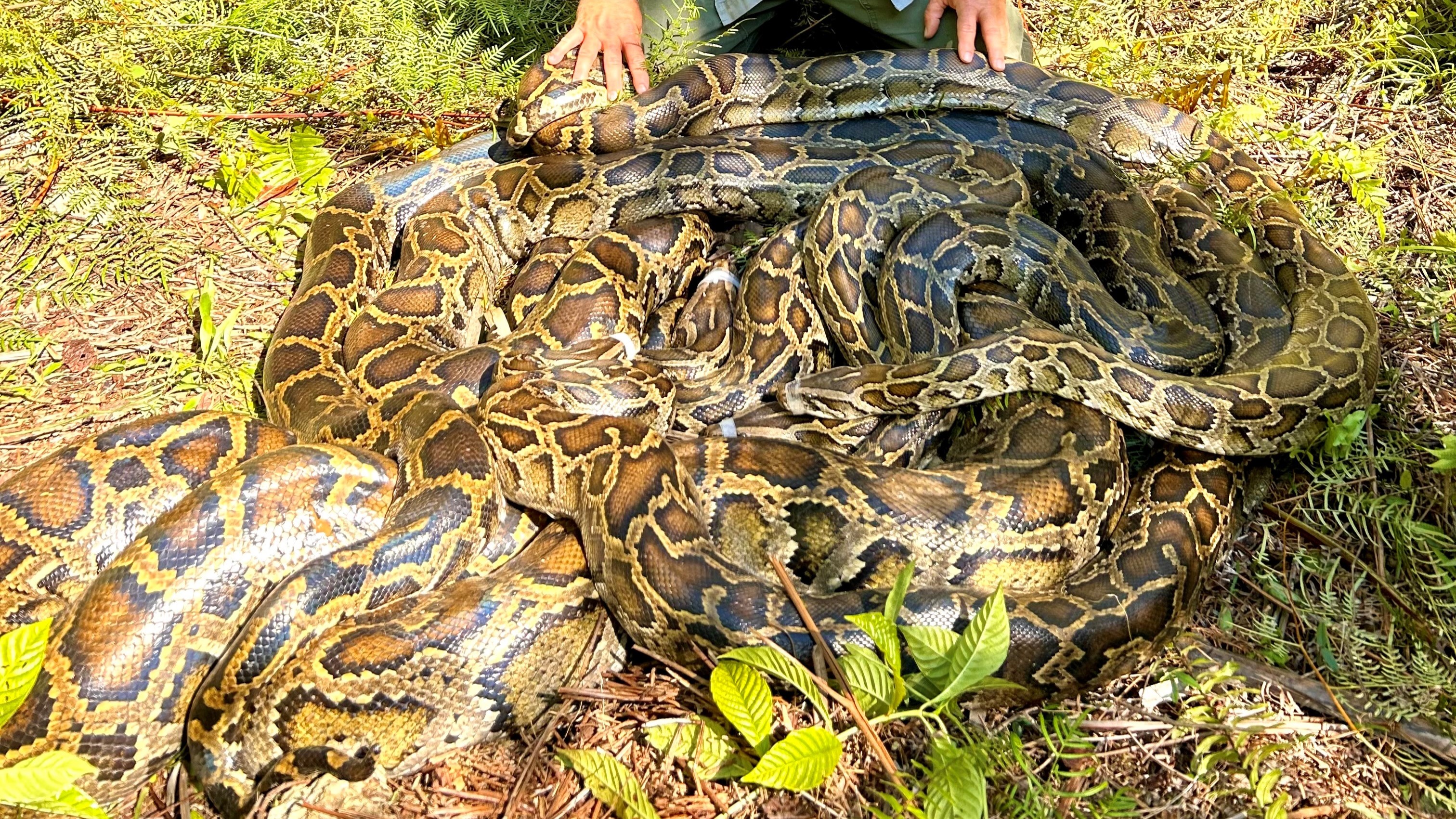
Hannah Osborne
Hannah Osborne is the planet Earth and animals editor at Live Science. Prior to Live Science, she worked for several years at Newsweek as the science editor. Before this she was science editor at International Business Times U.K. Hannah holds a master's in journalism from Goldsmith's, University of London.
Latest articles by Hannah Osborne
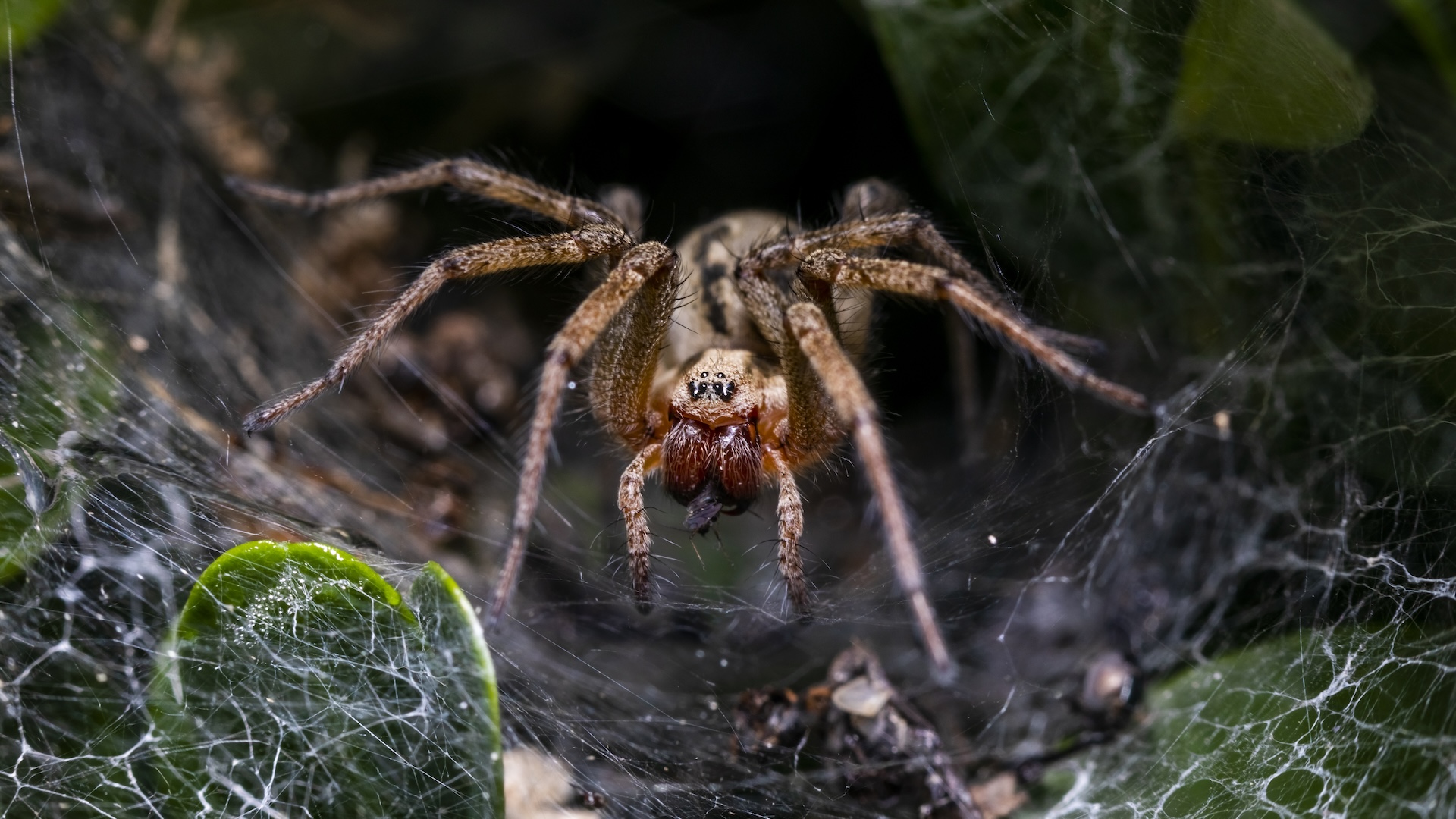
Wolf spiders: Behavior, bites and other facts
By Jessie Szalay last updated
REFERENCE Wolf spiders are a large family of hairy and athletic arachnids that chase down prey on the ground rather than catching food in webs.
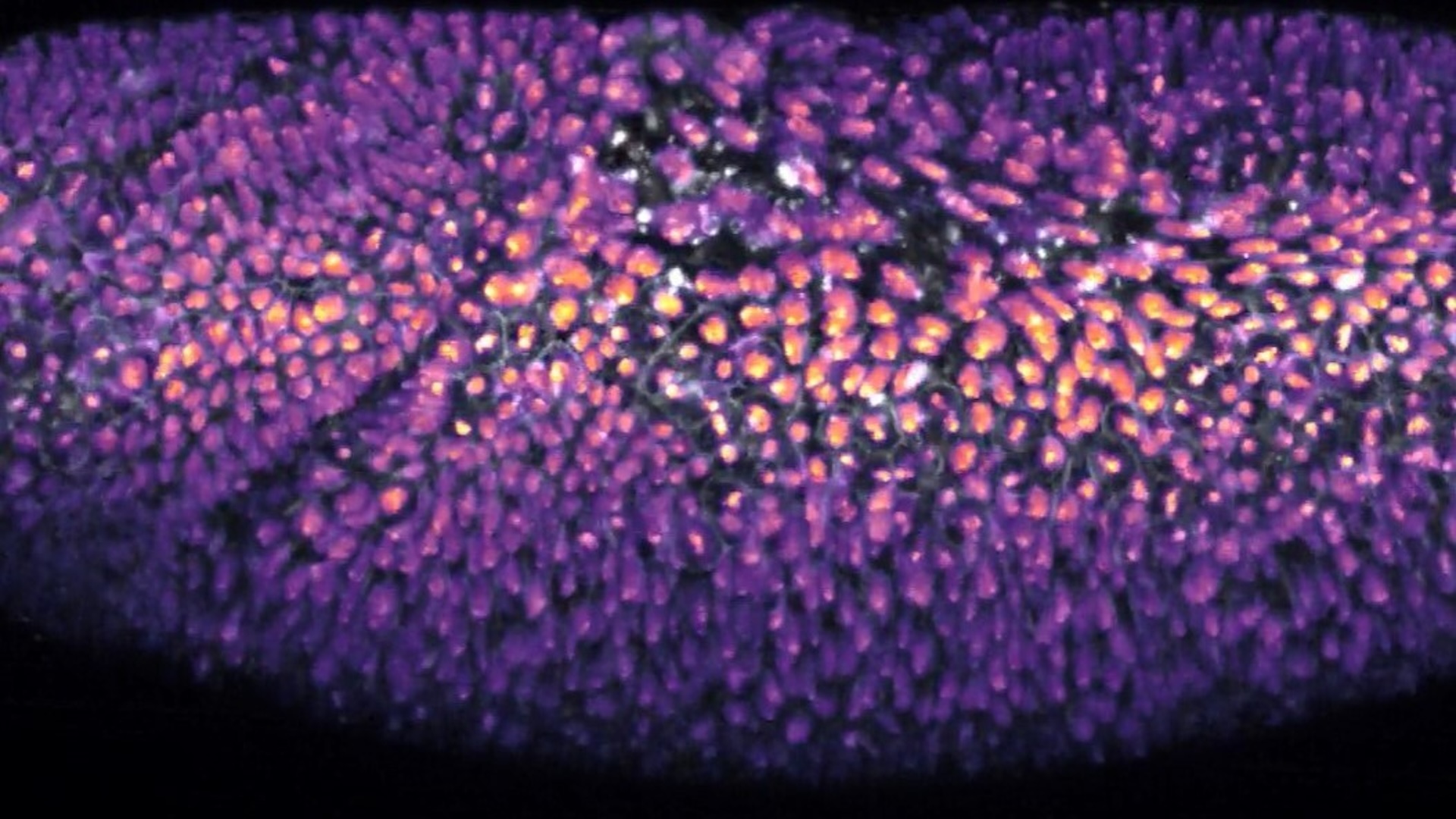
Watch mesmerizing video of weird waves that 'shape life itself' inside a fly embryo
By Hannah Osborne published
Video of cell division occurring in a developing fly embryo named winner of the 14th annual Nikon Small World in Motion competition.
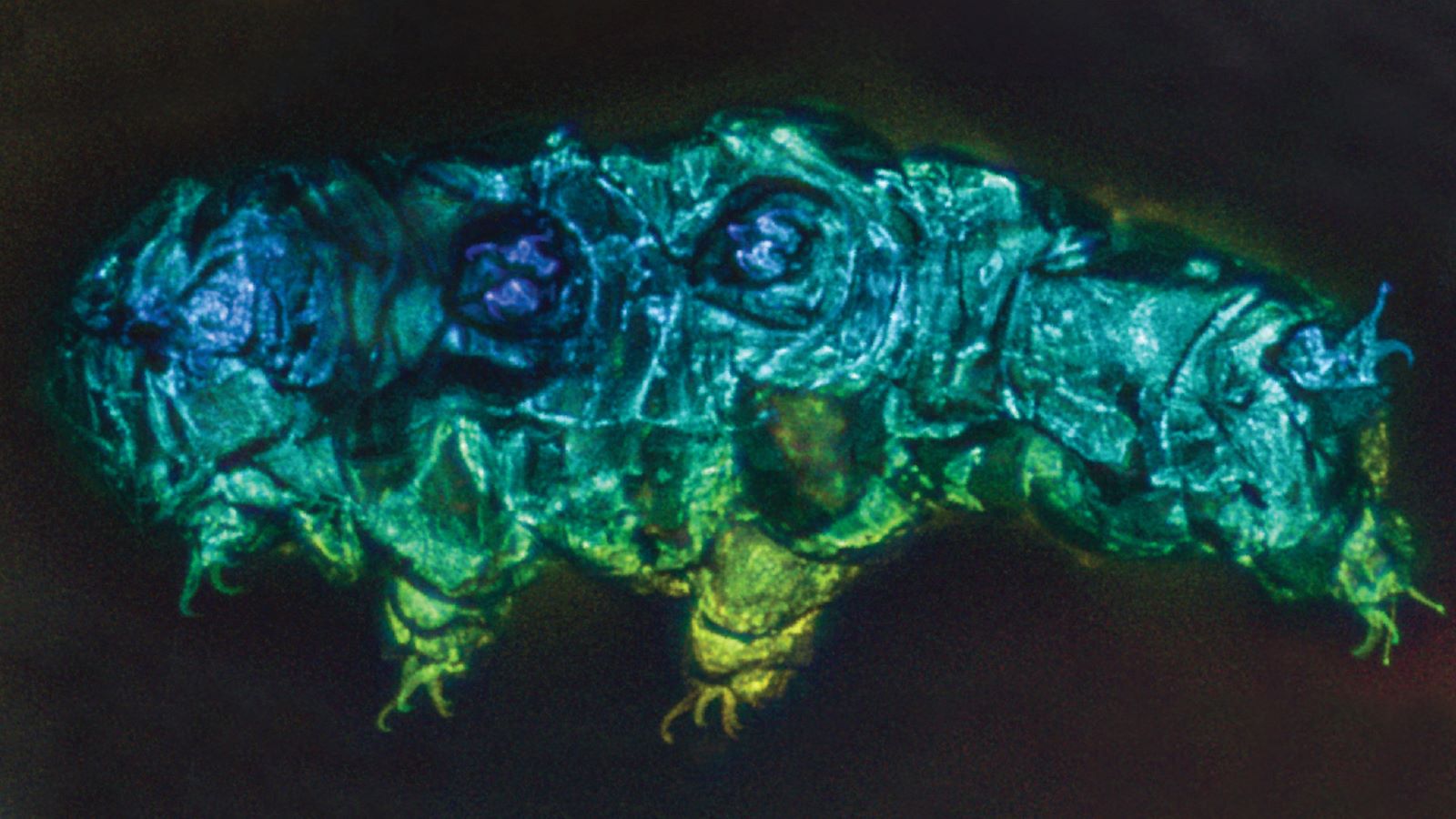
1st tardigrade fossils ever discovered hint at how they survived Earth's biggest mass extinction
By Elise Poore published
Detailed 3D images of the first tardigrade fossils ever discovered help scientists predict when tardigrades evolved their near-indestructibility — a trait that might have helped them survive multiple mass extinctions.
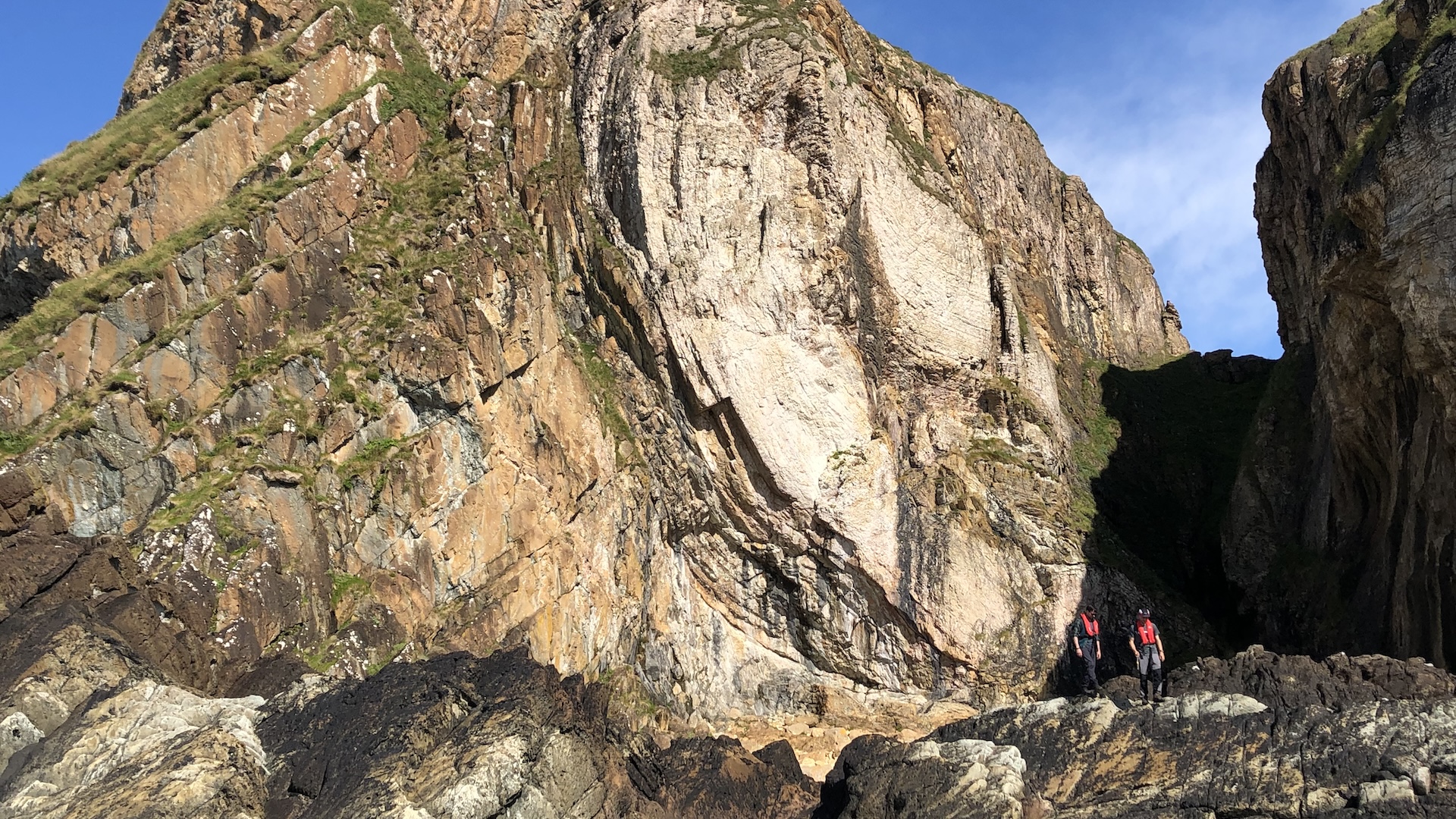
'Golden spike' showing the moment Earth turned into a giant snowball discovered in ancient Scottish rocks
By Hannah Osborne published
Geological evidence of the transition when Earth was plunged into a planetary-wide deep-freeze discovered in ancient Scottish rocks.
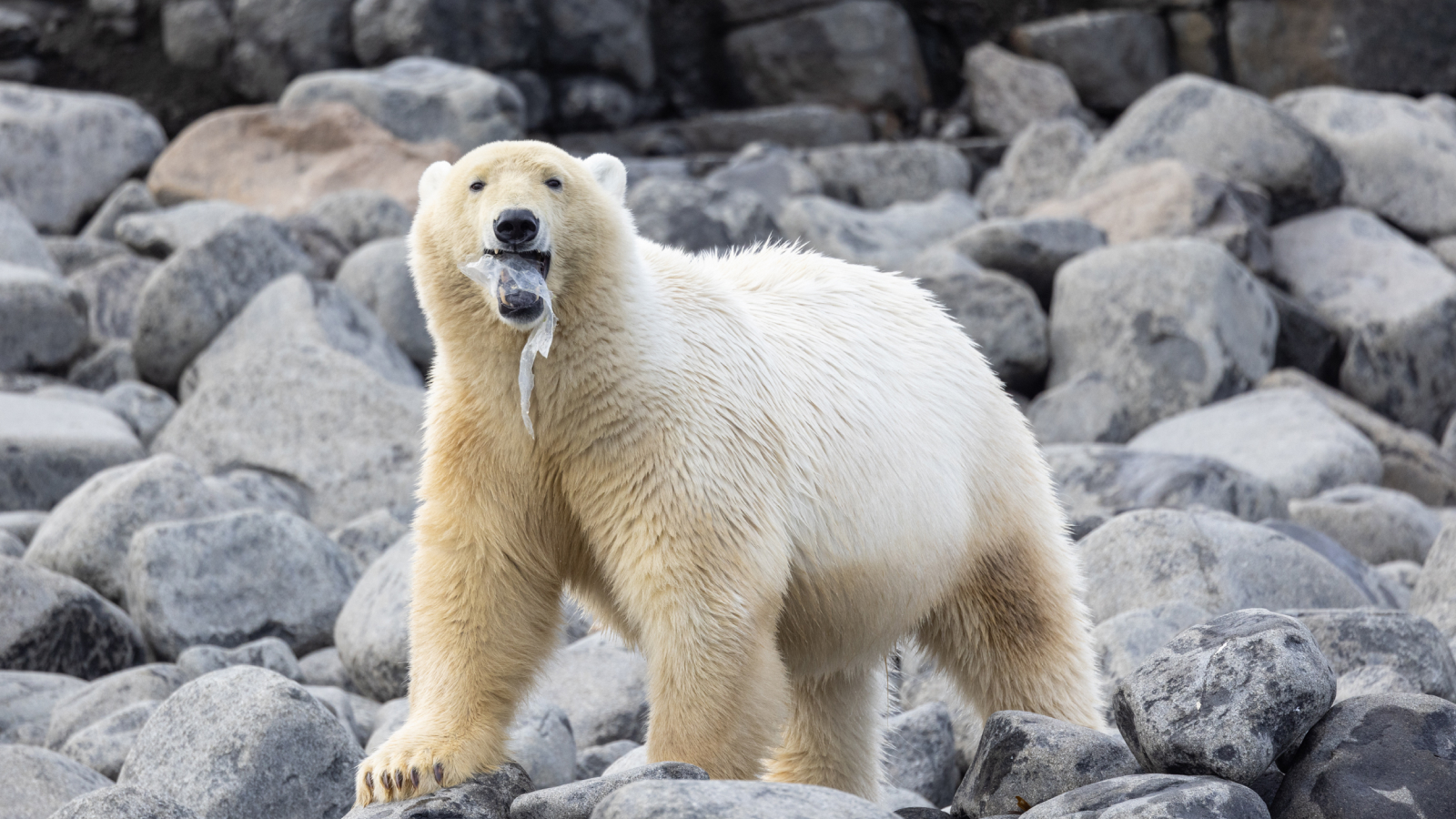
Bleak photo of polar bear with plastic in its jaws in the remote Arctic shows pollution's 'pervasive grip'
By Hannah Osborne published
Image of polar bear with plastic hanging from its mouth shortlisted for Ocean Photographer of the Year 2024 award.
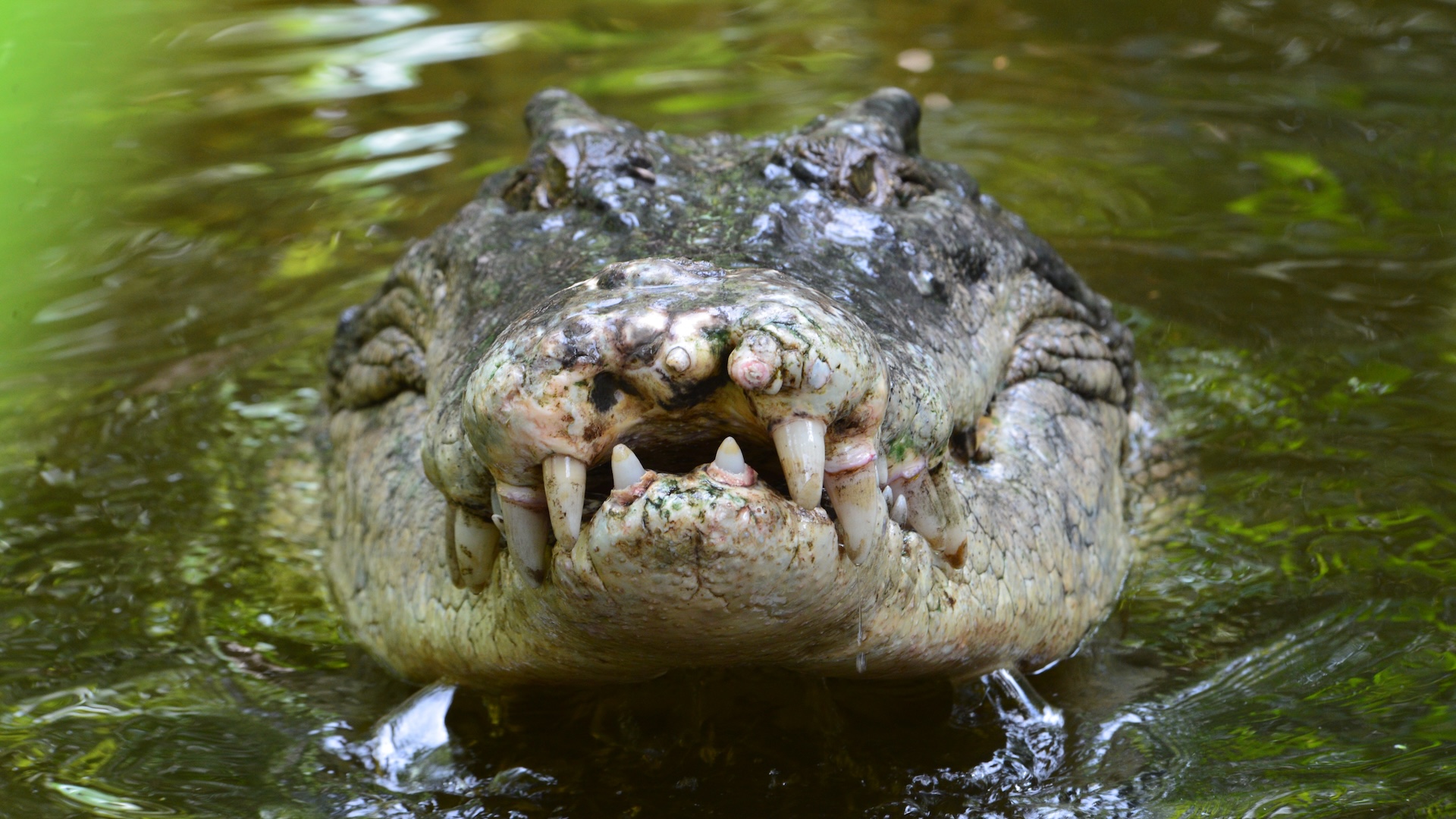
Crocodile 'fingerprints' may reveal Australia's deadly, hidden predators
By Hannah Osborne published
Crocodile attacks in Australia have risen since conservation measures helped their numbers skyrocket. Now, scientists are harnessing their environmental DNA to find these predators before they strike.
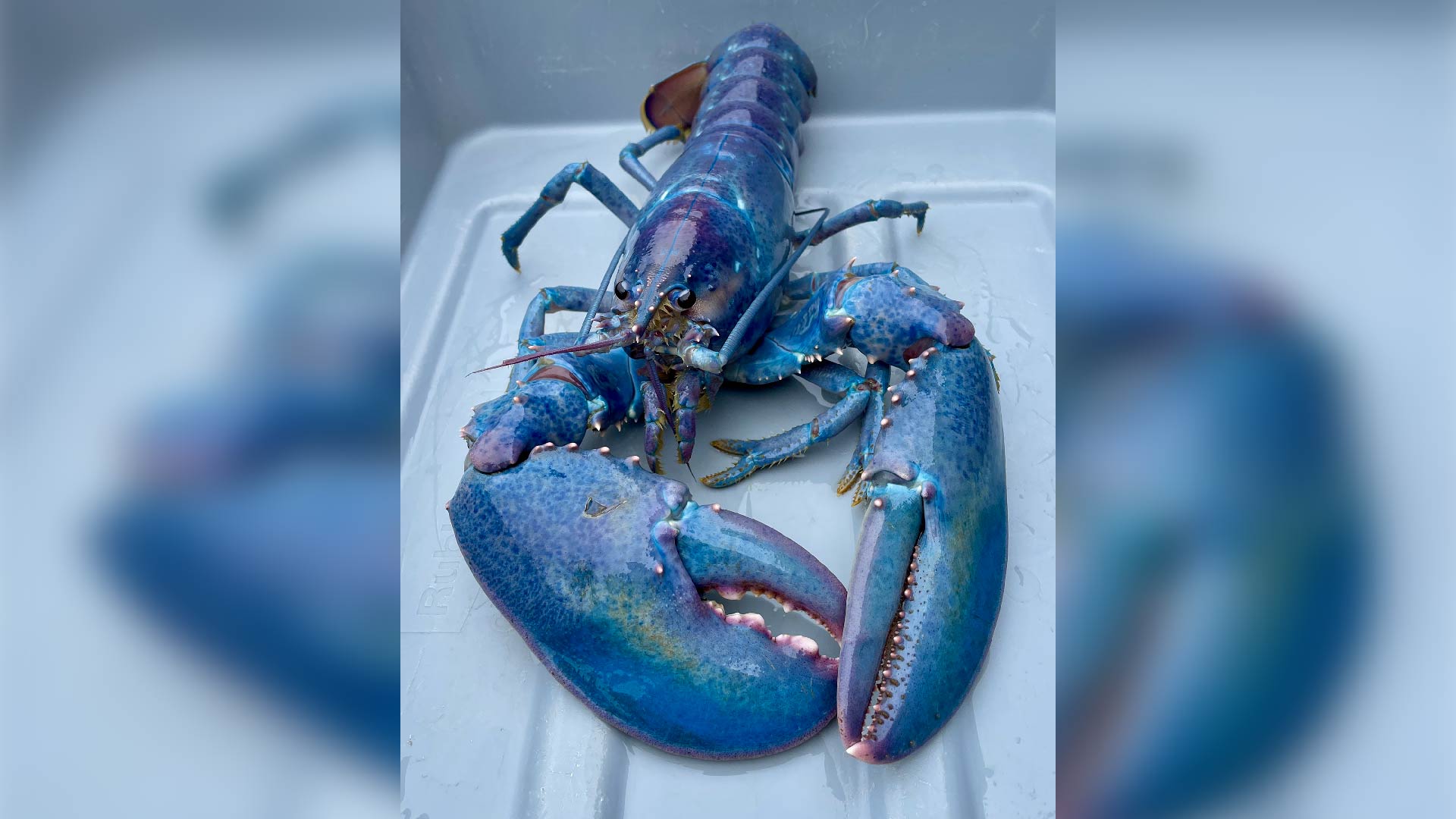
1-in-100 million 'cotton candy' lobster caught off New Hampshire alive and well at aquarium
By Tiffany Taylor published
A beautiful and rare "cotton candy" lobster caught in New Hampshire may be due to a combination of genetics and diet.
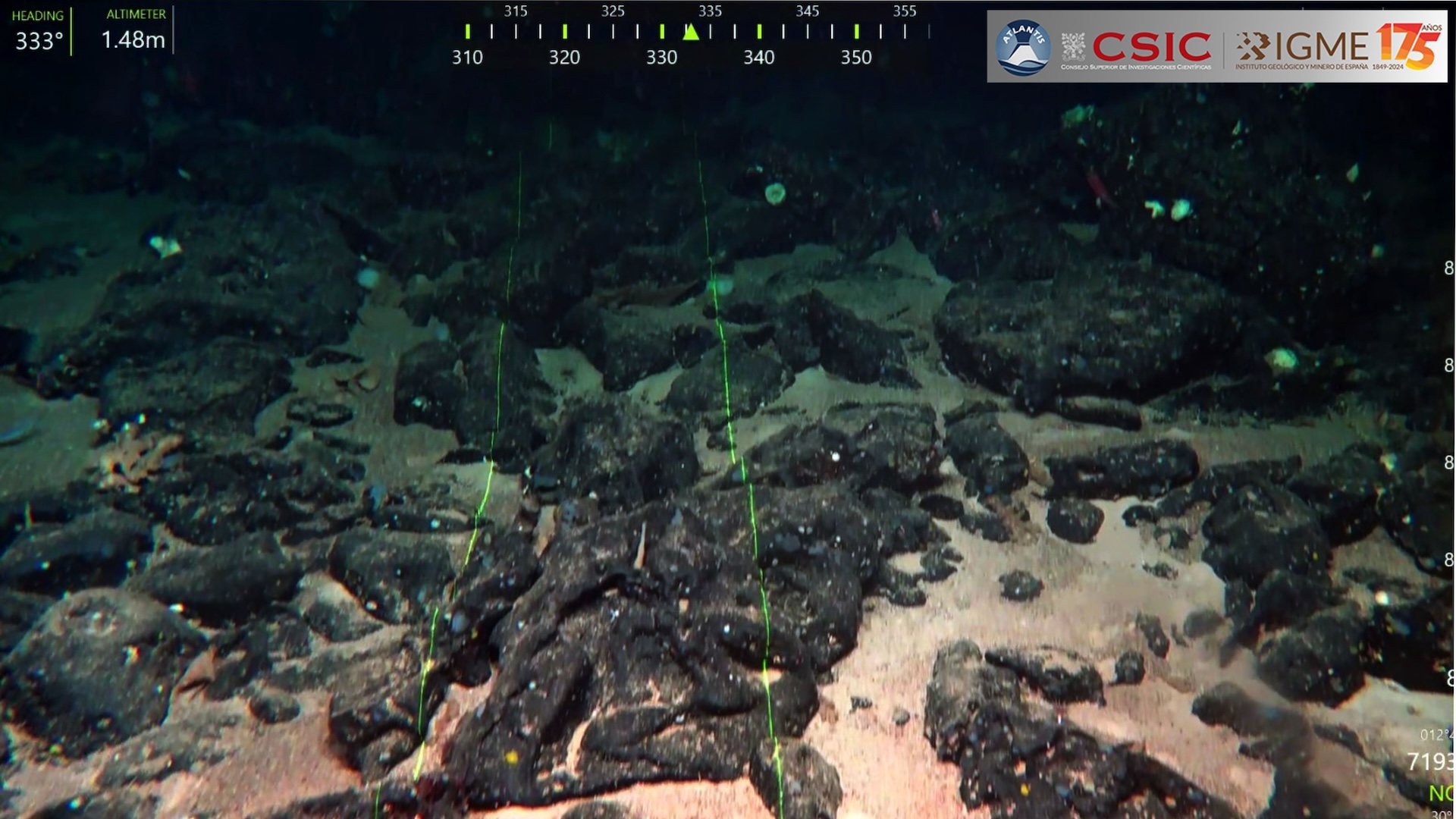
'This could be the origin of the Atlantis legend': Mountain that sank beneath the waves discovered off Canary Islands
By Hannah Osborne published
A large seamount with three inactive volcanoes that sank into the ocean millions of years ago off the coast of Lanzarote may have inspired the legend of Atlantis.
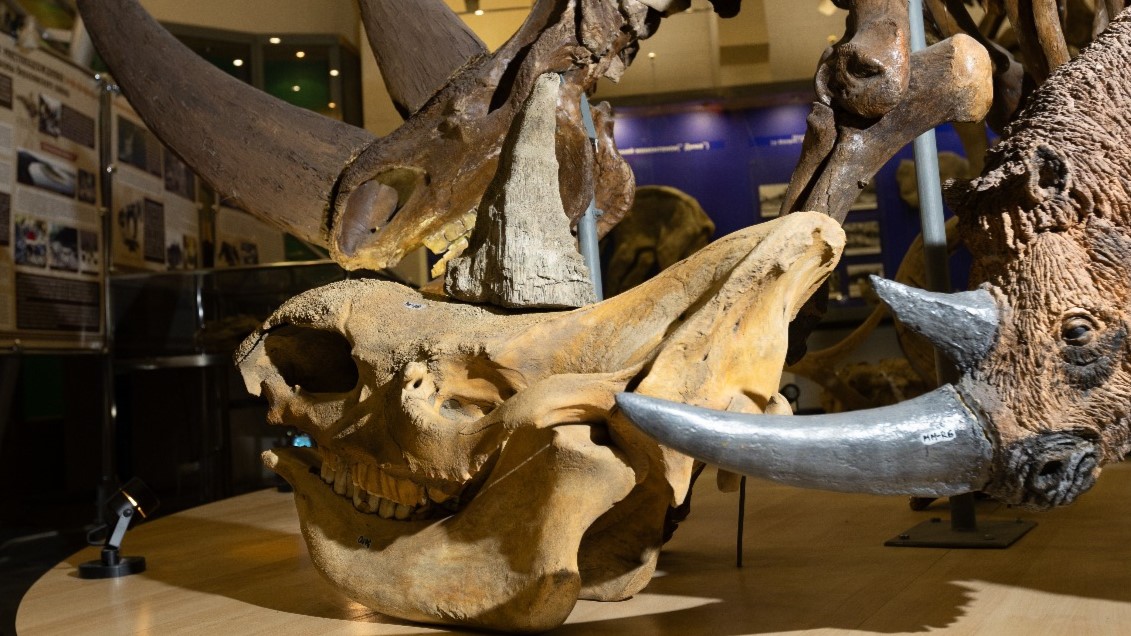
Siberian gold miners accidentally find ancient woolly rhino mummy with horn and soft tissues still intact
By Hannah Osborne published
Mummified woolly rhino discovered by miners in Russia's Sakha Republic to be fully excavated in the coming months, as researchers begin studying its intact horn.
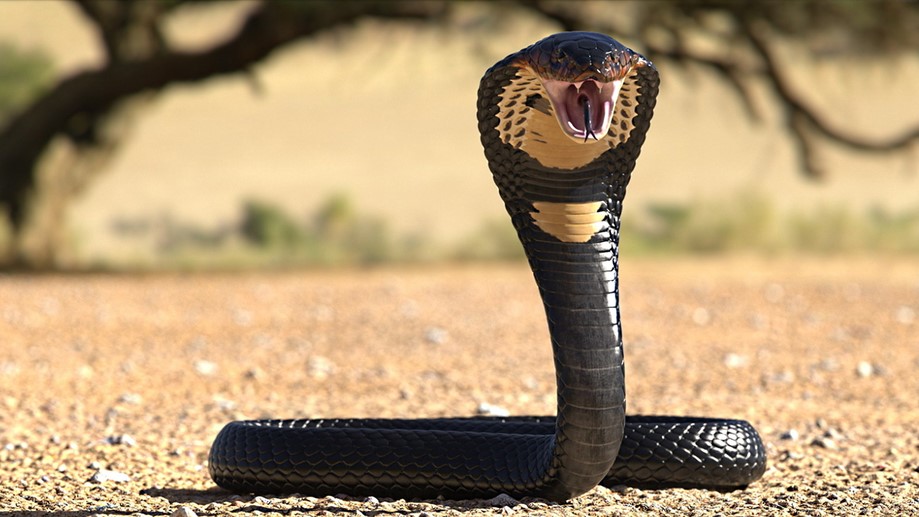
32 of the most venomous animals in the world
By Hannah Osborne published
Venom evolved hundreds of millions of years ago, creating a chemical arms race between predatory and prey. Here are some of the most venomous animals living on Earth.
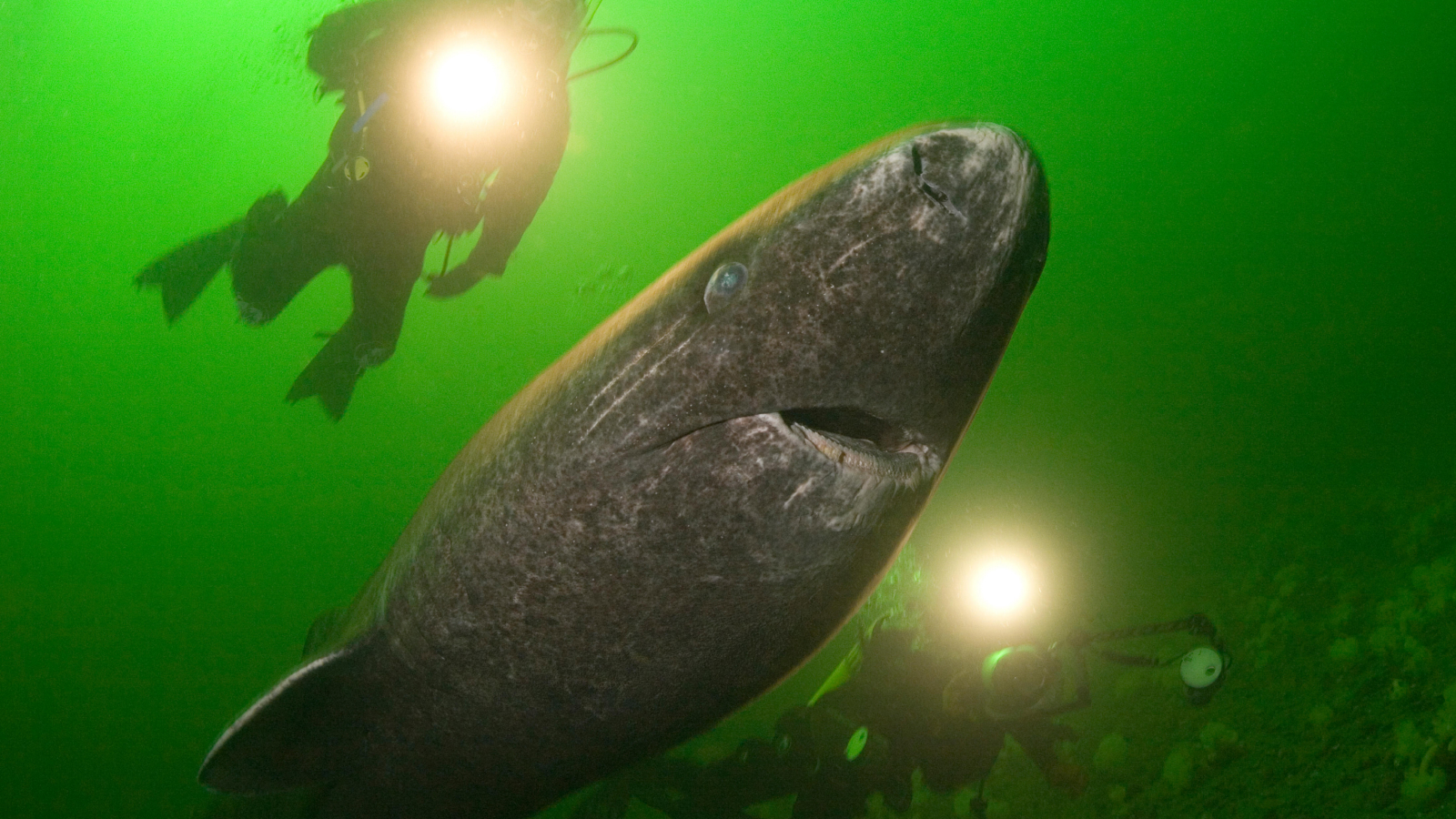
Secret of why Greenland sharks live so incredibly long finally revealed
By Elise Poore published
Surprising new research has revealed why the world's longest-living vertebrate, the Greenland shark, has such a lengthy lifespan. The findings could have big implications for the species' future.
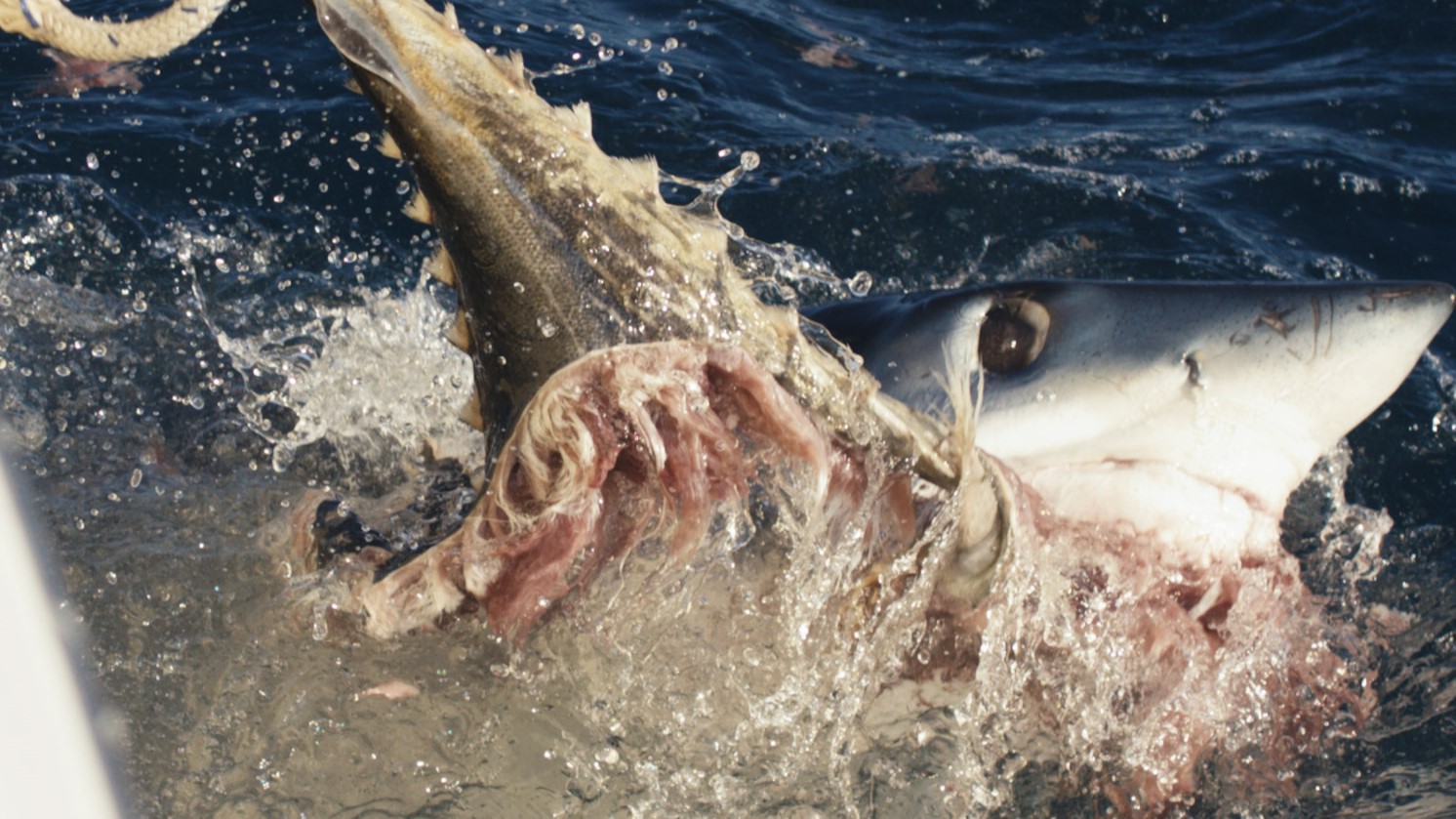
Searching for 'Makozilla' — the supersized mako sharks in the North Pacific
By Hannah Osborne published
A decade after a huge mako shark dubbed "The Beast" was caught off the California coast, experts search for its enormous relatives.
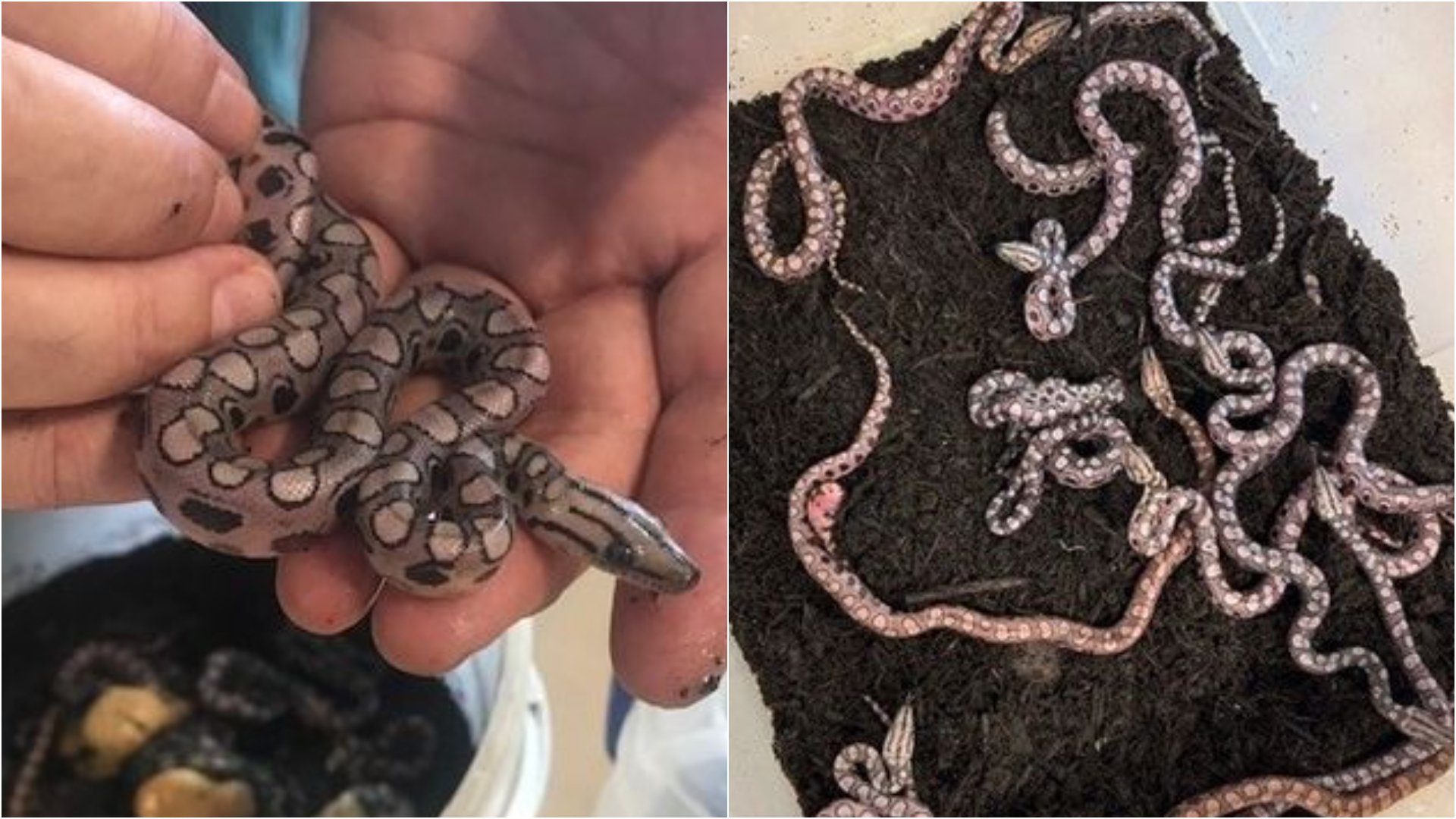
'Ronaldo had been looking slightly fatter than usual': Snake thought to be male has 14 babies in rare 'virgin birth'
By Hannah Osborne published
A captive Brazilian rainbow boa initially declared male by a vet gives birth to 14 snakelets in a rare case of parthenogenesis at a U.K. college.
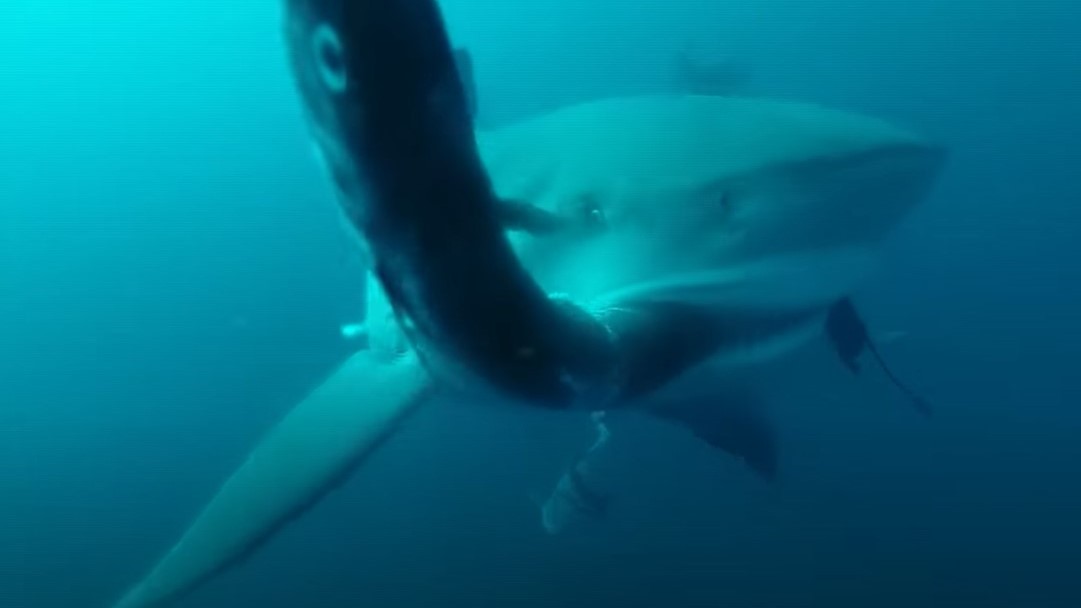
'It's like we opened a buffet': Sharks in Gulf of Mexico learn to steal food from fishing nets
By Hannah Osborne published
Sharks in the Gulf of Mexico are learning to associate boat engines with food, leading to more and more cases of depredation, experts say.
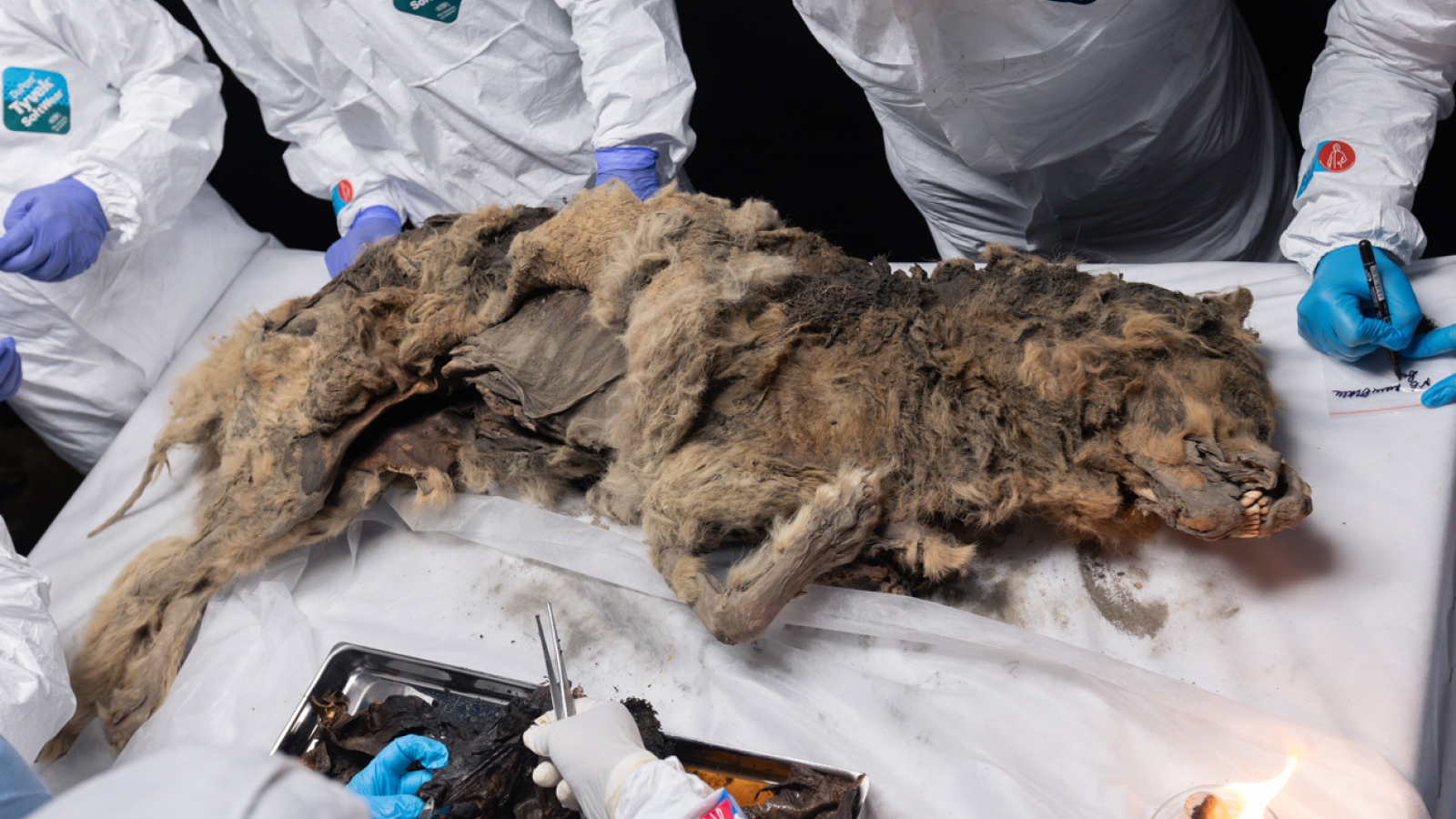
Stunning photos show 44,000-year-old mummified wolf discovered in Siberian permafrost
By Hannah Osborne published
Scientists perform necropsy on an ancient wolf pulled from Russian permafrost that may still have prey in its stomach.
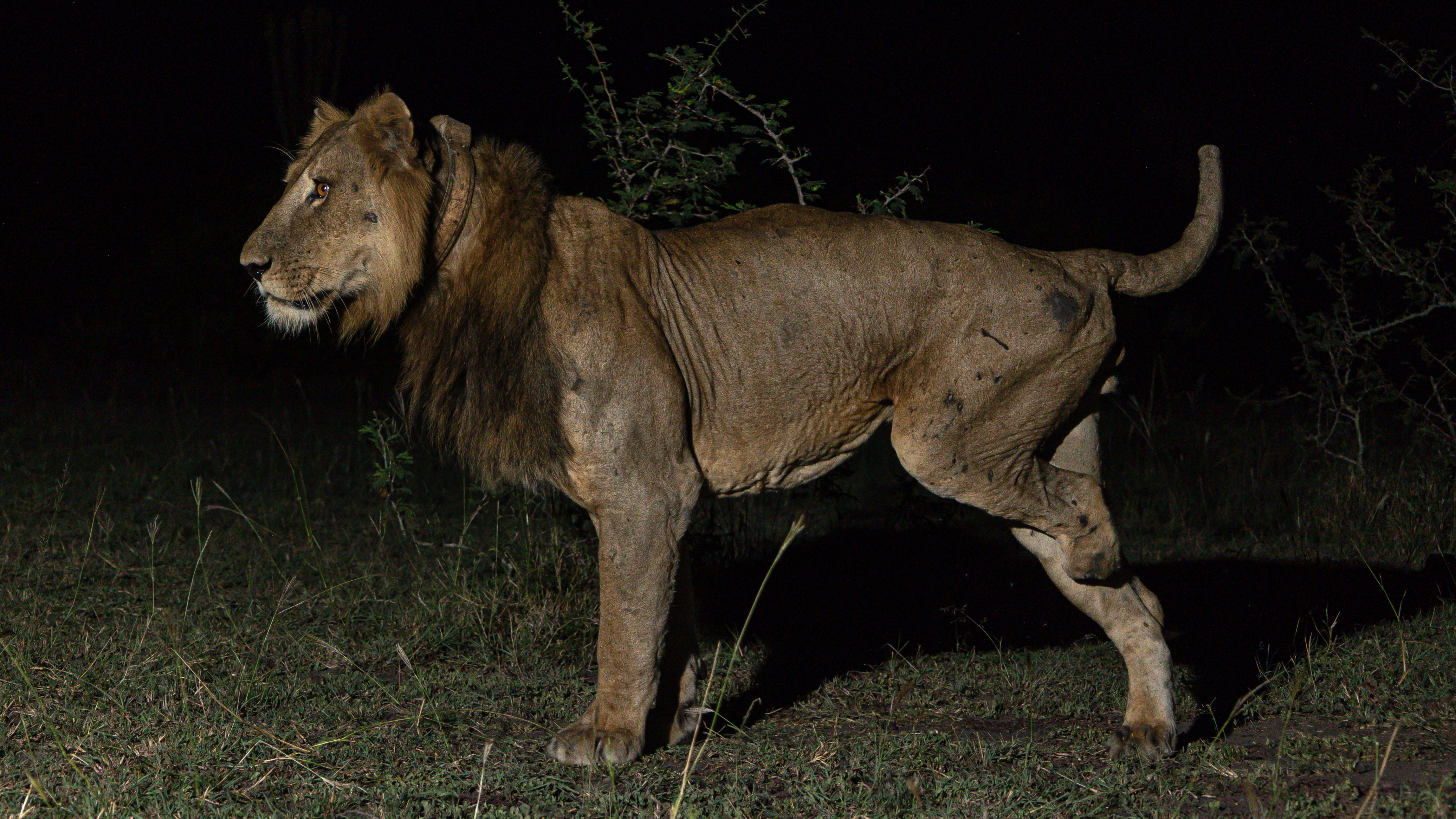
'It's pretty incredible, the guy's got three legs': Watch lion looking for sex make record-breaking swim across treacherous river filled with crocs and hippos
By Hannah Osborne published
Ugandan lion brothers Jacob and Tibu were filmed swimming a mile across the Kazinga Channel in Uganda — the longest swim ever recorded for the species —after getting their "butts kicked" by rival males.
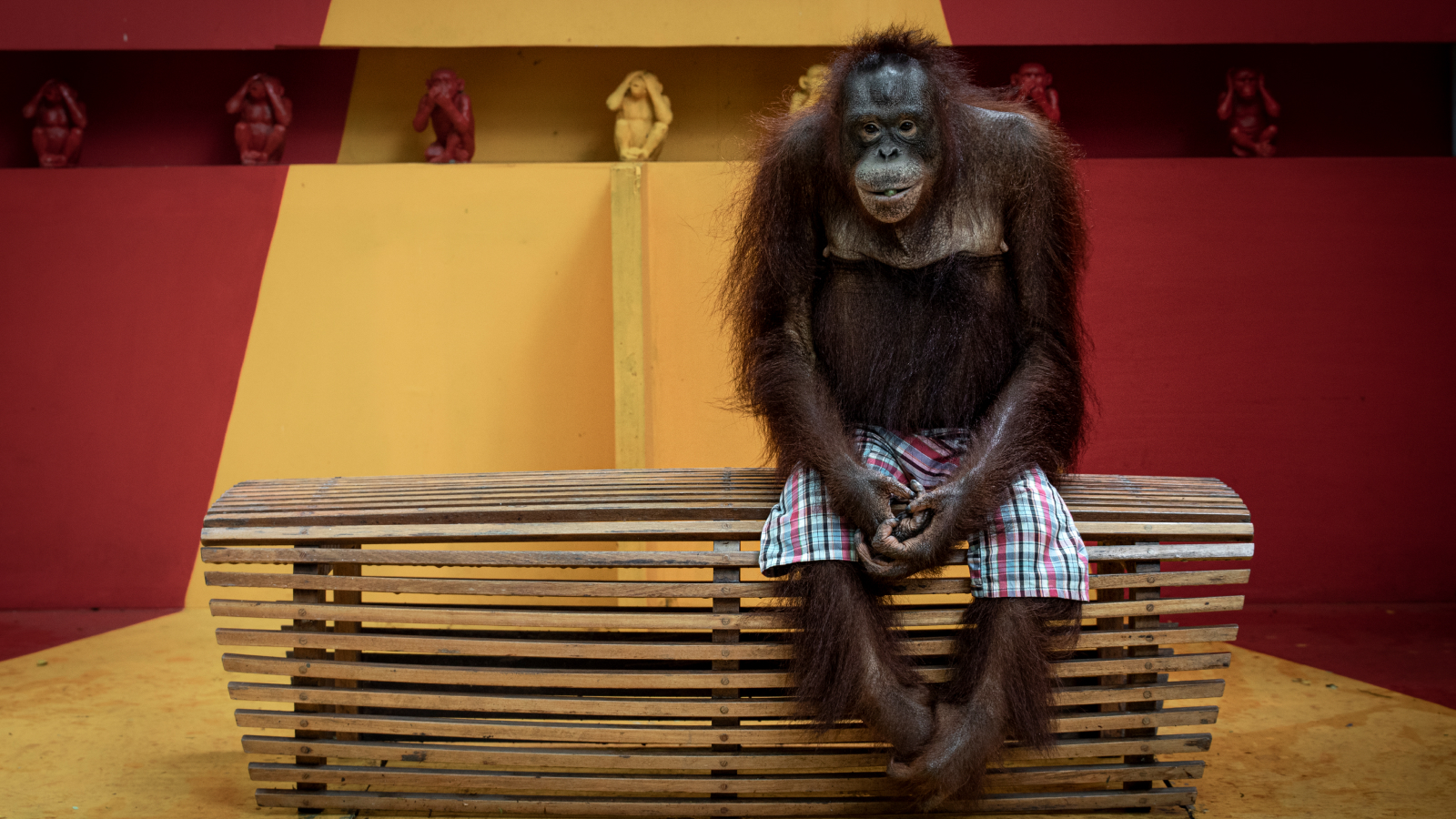
Orangutan 'stoically waits' for tourists in award-winning photograph 'See No Evil'
By Hannah Osborne published
Aaron Gekoski's image of an orangutan sitting patiently at Safari World in Bangkok has won the 2024 Environmental Photography Award competition.

The 165-year reign of oil is coming to an end. But will we ever be able to live without it?
By Hannah Osborne published
Like whale blubber, oil as a dominant source of energy will gradually be phased out over the next decades. Here's what that transition may look like.

Will we ever be able to stop using plastic?
By Hannah Osborne published
While the push to reduce carbon dioxide emissions is spurring alternatives to petroleum in other sectors, phasing out plastic, particularly for medical applications, will be very tough.

How much oil is left and will we ever run out?
By Hannah Osborne published
We may never run out of oil, though known reserves are expected to last for about 50 years, current estimates suggest.
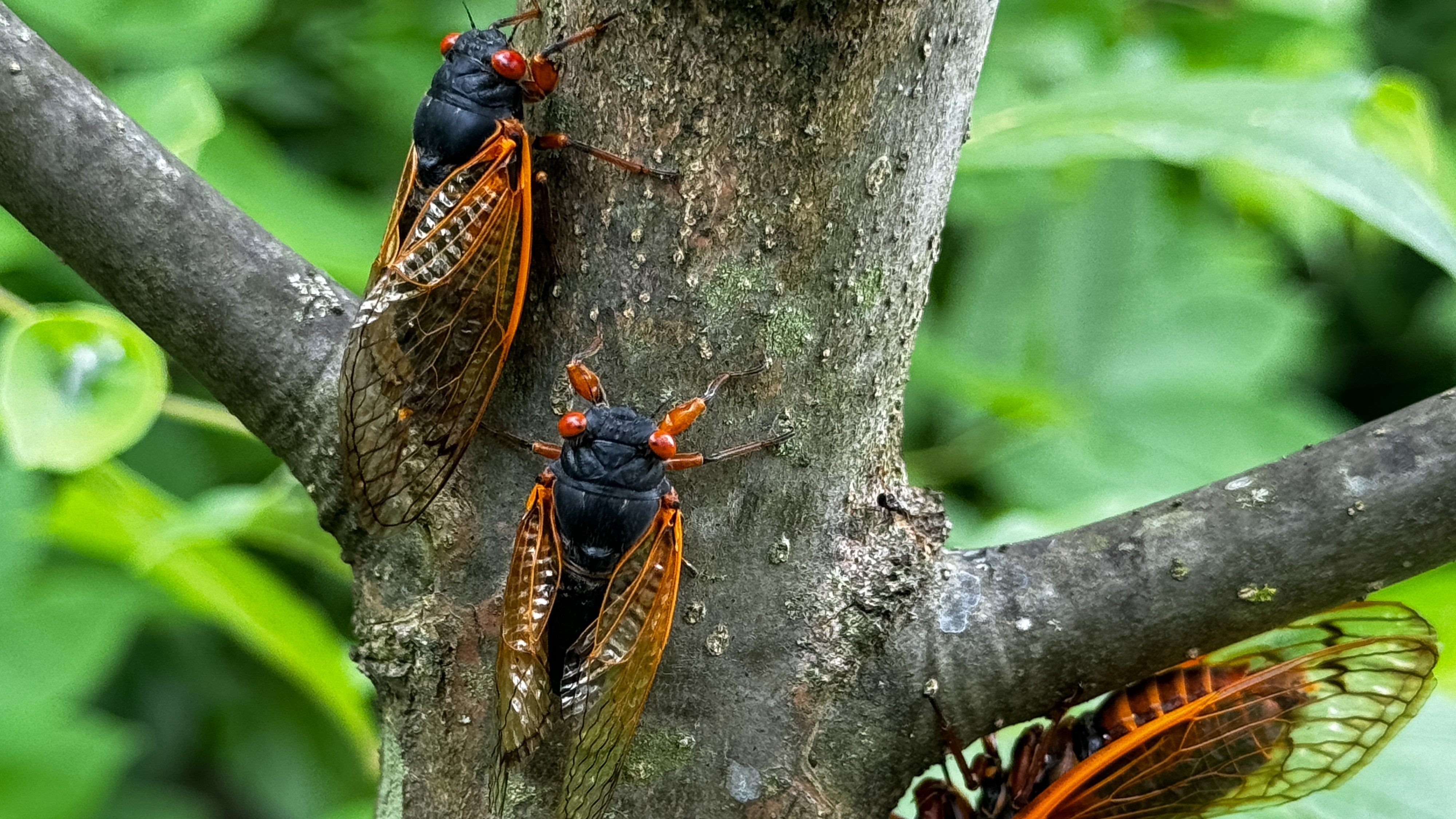
Double cicada bloom 2024: Google Doodle celebrates once-in-221-year event with band of bugs
By Hannah Osborne published
The "cicada-geddon" is the result of the co-emergence of Brood XIII and Brood XIX, with billions of bugs crawling out of the ground across parts of Eastern U.S.
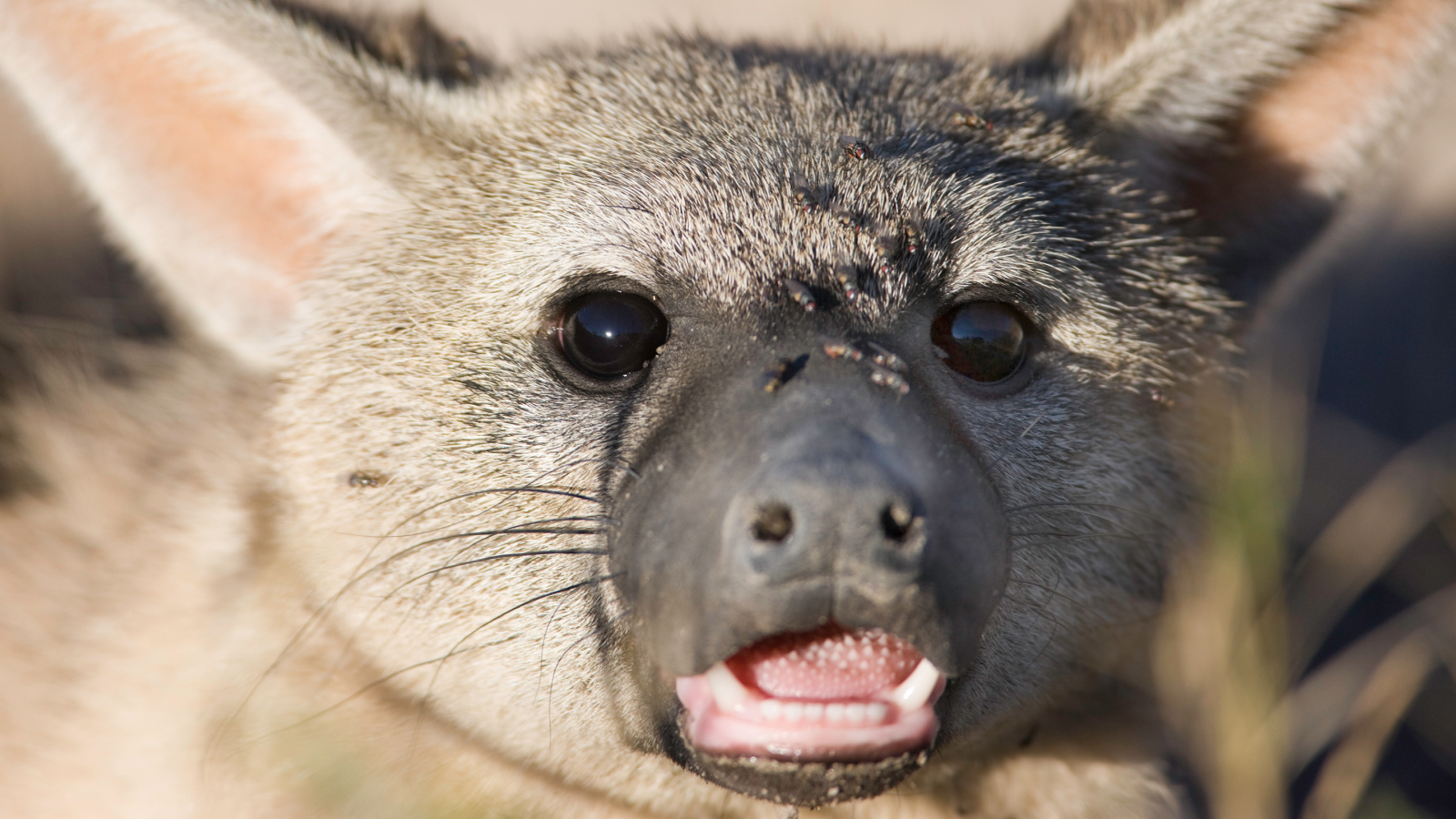
Aardwolf: The weirdo hyena cousin that eats 300,000 termites each night
By Hannah Osborne published
Aardwolves — the "weird cousin" of the hyena world that has peg teeth and only eats insects — are an evolutionary mystery, stemming from a ghost lineage that scientists haven't been able to figure out.
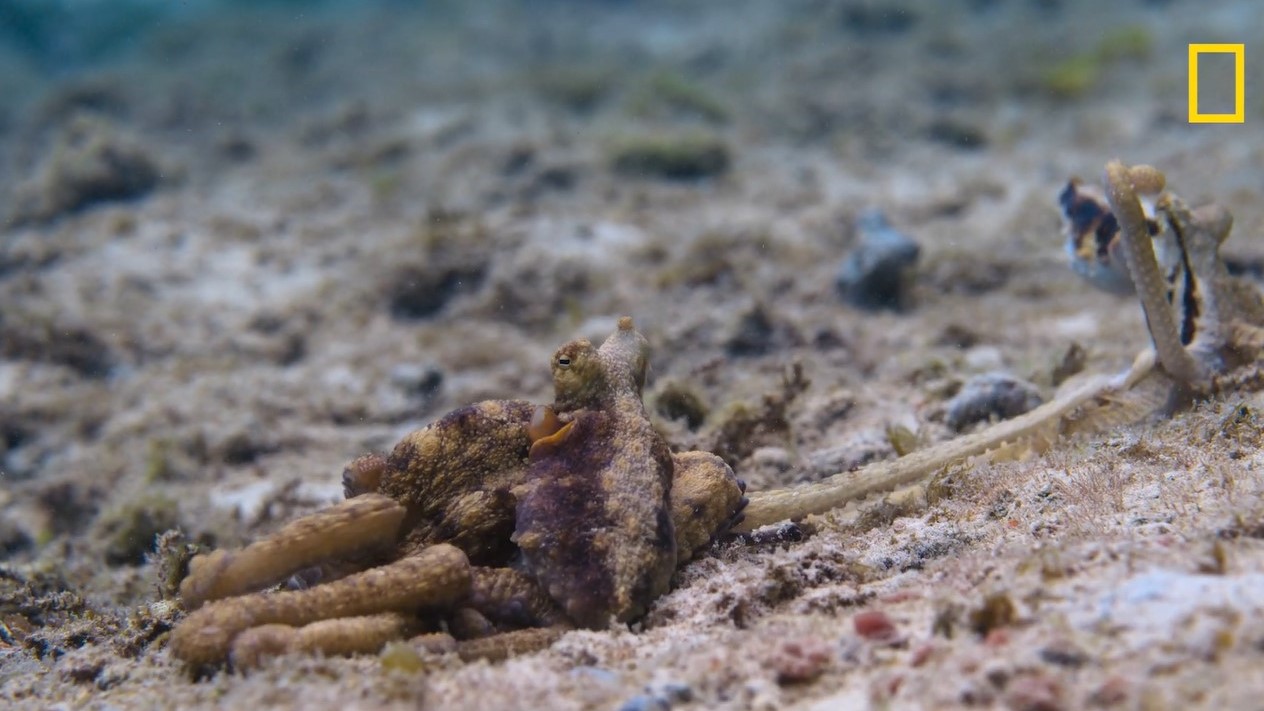
Watch female octopus drag male around during sex in rare footage captured off Indonesian island
By Hannah Osborne published
Unusual octopus mating session captured in rare and comical footage filmed off the Indonesian island of Bunaken for new National Geographic show.
Sign up for the Live Science daily newsletter now
Get the world’s most fascinating discoveries delivered straight to your inbox.
